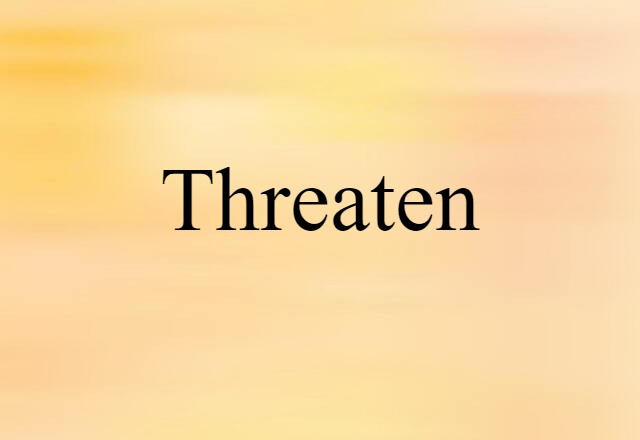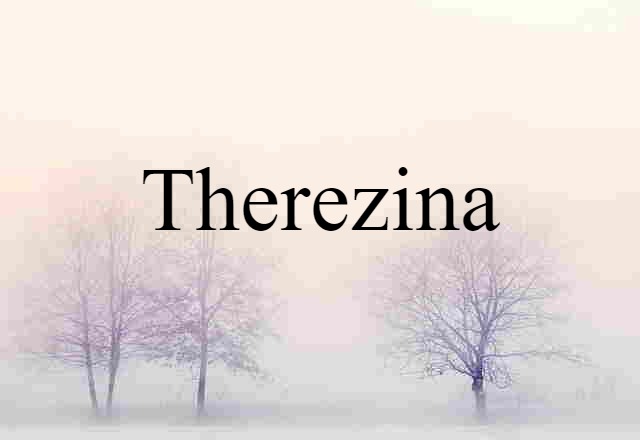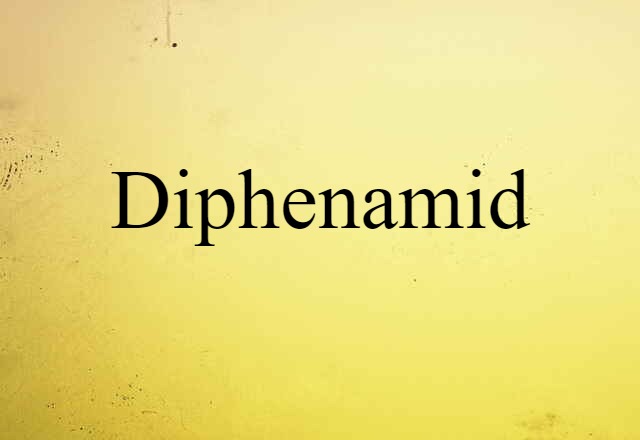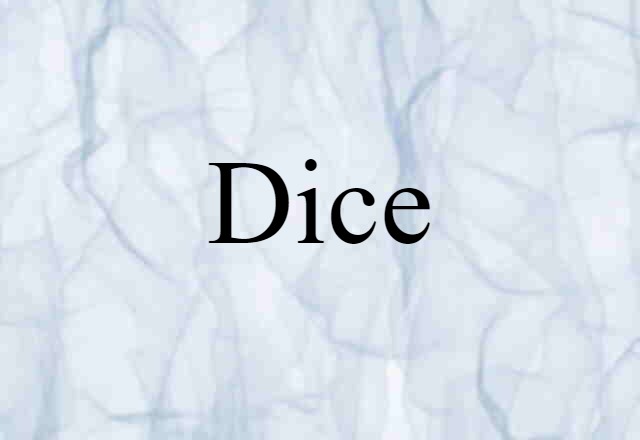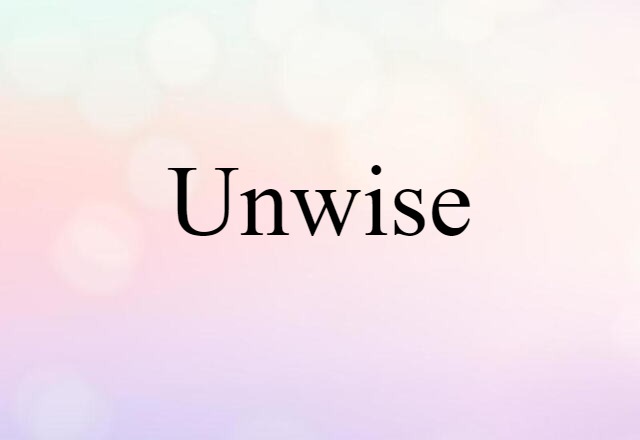- (in the 14th and 15th centuries) a freeholder who was not of noble birth.
- U.S. singer.
- American statesman, diplomat, author, scientist, and inventor.
- English Arctic explorer.
- U.S. historian and educator.
- a district in extreme N Canada, in the Northwest Territories, including the Boothia and Melville peninsulas, Baffin Island, and other Arctic islands. 549,253 sq. mi. (1,422,565 sq. km).
- a town in S Massachusetts.
- a city in SE Wisconsin.
- a town in central Tennessee.
- a town in central Indiana.
- a town in SW Ohio.
- a male given name: from a Germanic word meaning “freeholder.”
- (in 14th- and 15th-century England) a substantial landholder of free but not noble birth
- Aretha (əˈriːθə) born 1942, US soul, pop, and gospel singer; noted for her songs "Respect" (1967), "I Say a Little Prayer" (1968), and, with George Michael, "I Knew You Were Waiting (For Me)" (1987)
- Benjamin 1706–90, American statesman, scientist, and author. He helped draw up the Declaration of Independence (1776) and, as ambassador to France (1776–85), he negotiated an alliance with France and a peace settlement with Britain. As a scientist, he is noted particularly for his researches in electricity, esp his invention of the lightning conductor
- Sir John . 1786–1847, English explorer of the Arctic: lieutenant-governor of Van Diemen's Land (now Tasmania) (1836–43): died while on a voyage to discover the Northwest Passage
- Rosalind . 1920–58, British x-ray crystallographer. She contributed to the discovery of the structure of DNA, before her premature death from cancer


